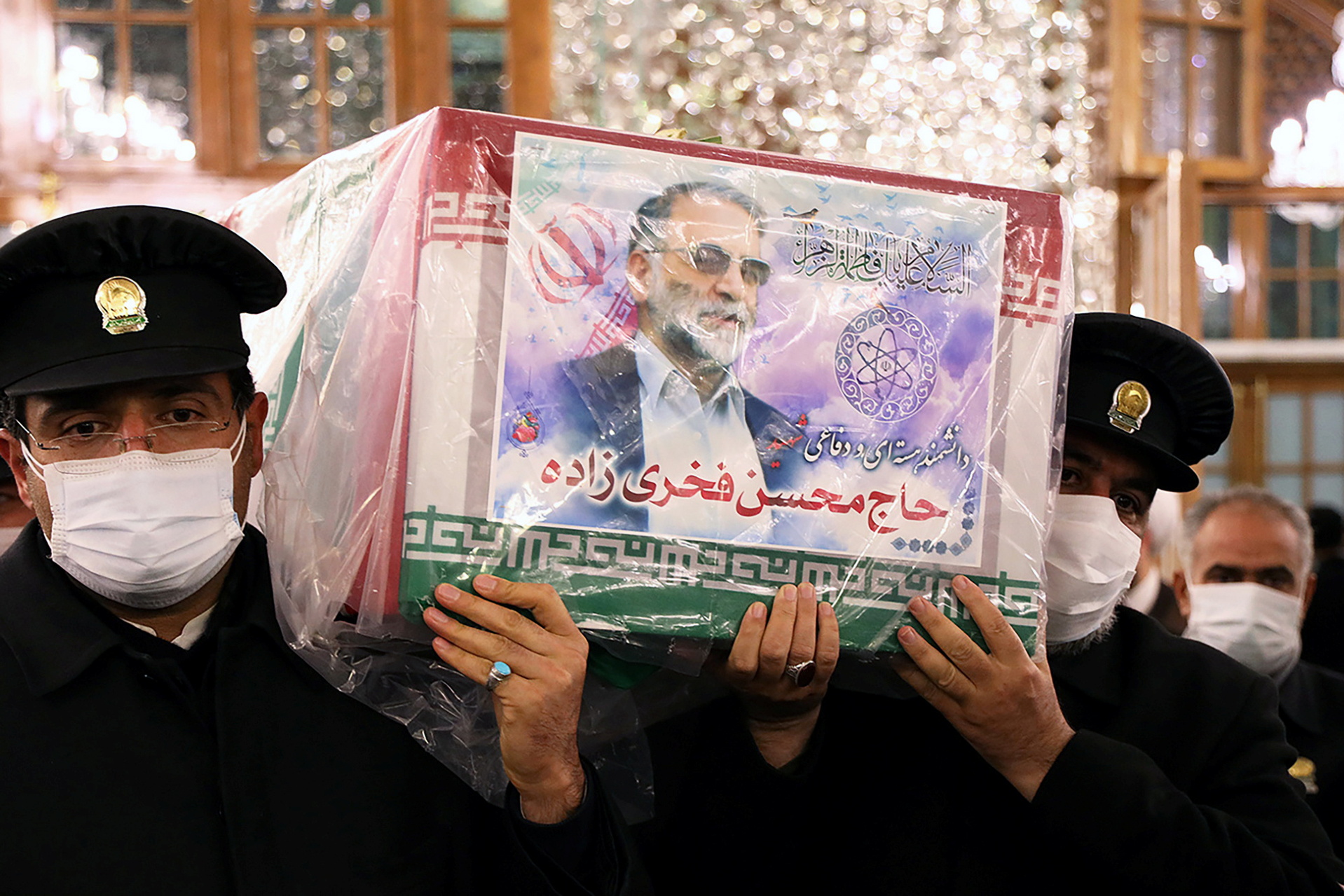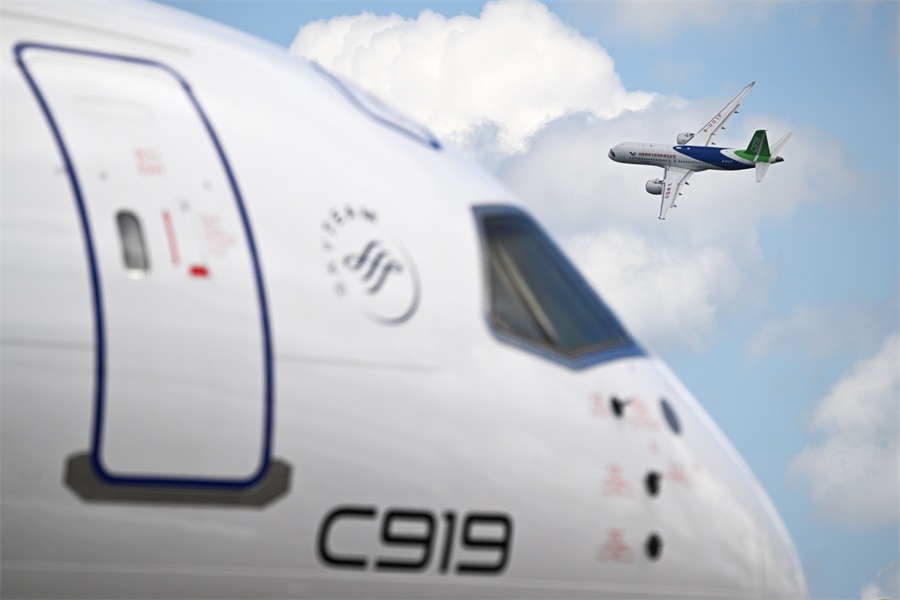Assassination of Iranian nuclear scientist?blow to improvement of Iran-US relations: China Daily editorial


It came just days before the 10th anniversary of the assassination of leading Iranian nuclear scientist Majid Shahriari, and less than a year after that of Islamic Revolutionary Guards Corp commander Qassem Soleimani.
The Friday killing of prominent Iranian nuclear scientist Mohsen Fakhrizadeh was no doubt a harsh blow to the Islamic Republic.
It would be no surprise if Teheran retaliates. Supreme Leader Ali Khamenei has vowed to take revenge.
Yet restraint may serve Teheran's long-term interests far better than an eye-for-an-eye act of revenge.
The assassination not only raises serious questions about the moral standing of the perpetrators. It is against international laws and norms and thus criminal. That may partly be why nobody has claimed responsibility for it.
Iranian Foreign Minister Mohammad Javad Zarif has talked about "serious indications" of an Israeli role in what he described as an act of "state terror". There is even speculation that this could be part of a concerted attempt to preempt any attempt to revive the Iran nuclear deal.
Fakhrizadeh had been on Israel's blacklist for a while. Prime Minister Benjamin Netanyahu famously told a news conference to remember his name. And neither the present leader of Israel nor that of the United States wants to see a new US administration rejoin the nuclear deal, from which the US withdrew in 2018.
Only that everything remains speculation with no smoking-gun evidence.
Given the tricky nature of the murder and its unusual potential political and security consequences, very likely the responsibility will go unclaimed, and the matter will remain a mystery, like in the Shahriari case.
Retaliatory attacks, especially if they are based on shaky grounds, would on one hand weaken Teheran's case, and on the other hand lend further munition for the anti-Iran hawks in Washington who would spare no effort to shoot down any effort to "appease" Teheran.
If the assassination was indeed driven by an intention to prevent Washington and Teheran from engaging in any meaningful, constructive communication, the two parties should do their best to avoid such a pitfall.
The status quo of Iran-US relations is toxic and harmful to both. Since President-elect Joe Biden has indicated a willingness for a reset in relations, even for rejoining the nuclear deal, it is important for both sides to work to foster some positive momentum.
It is reassuring to hear President Hassan Rouhani say "The nation of Iran is smarter than to fall in the trap ..."
The perpetrators should also know assassinations didn't stop Iran's nuclear program in the past decade, and very likely won't do it now.


































